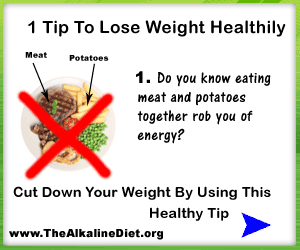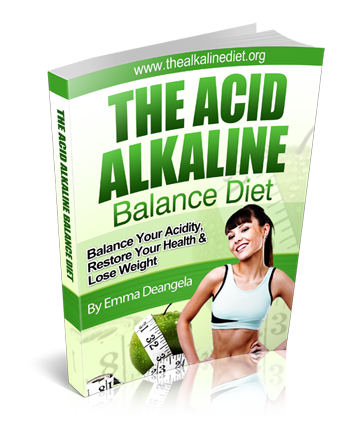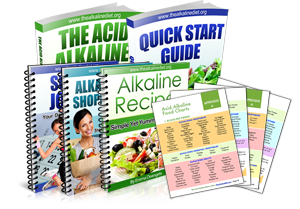Health Benefits of Pumpkin
November 12, 2015
Foodviki
Tweet
Follow
Tweet


A cup of cubed pumpkin contains almost twice the recommended daily intake of vitamin A, which promotes good vision, especially in dim light, according to the National Institutes of Health. It has also been found to slow the decline of retinal function in those with retinitis pigmentosa, a degenerative eye disease that can lead to blindness, according to researchers from Harvard. Bonus: Vitamin A also helps form and maintains healthy skin, teeth and bones.
Foodviki
TweetFollowTweet




Pumpkin fruit is one of the
widely grown vegetables incredibly rich in vital antioxidants, and vitamins.
Though this humble backyard vegetable is less in calories, nonetheless, it
carries vitamin A, and flavonoids poly phenolic antioxidants such as Lutein,
xanthin, and carotenes in abundance.
Low in calories, rich
in minerals
Its easily digestible “meat”
contains few calories, eventually 28 to 100 grams. Quite the opposite of
calorific poverty in yellow, orange fruit has a multitude of vitamins and
minerals. Potassium as the most important nutrient for the heart, phosphorus
and calcium, which together operate in building of bones and teeth, iron is
important for your blood, and manganese which keeps skin and cartilage health.
Boost Your Sex Life
Pumpkin seeds provide a good
dose of zinc (one-quarter cup contains almost 17 percent of your daily need).
The mineral appears to play a role in men's sexual health, including fertility,
potency, and sex drive, according to Discovery Fit and Health.
Blood pressure
Eating pumpkin is good for the
heart! The fiber, potassium and vitamin C content in pumpkin all support
heart health. Consuming adequate potassium is almost as important as decreasing
sodium intake for treatment of hypertension (high-blood pressure).
Other foods that are high in
potassium include cantaloupe, pineapple, tomatoes, oranges, spinach
and bananas. Increased potassium intakes are also associated with a
reduced risk of stroke, protection against loss of muscle mass, preservation
of bone mineral density and reduction in the formation of kidney stones.
Treat Intestinal
Worms
Pumpkin seeds can also help
your body get rid of nasty gut parasites that can make you sick, according to
registered pharmacist Debbie Edson in Living. They have traditionally been used
for this purpose by Native Americans; even today, pumpkin seeds are used to
treat tapeworms in some parts of Africa.
Pumpkin for
problematic skin
Folk medicine says that pumpkin
does well to our body from the outside as well as from the inside. Fresh
pumpkin puree is ideal as a face mask and in just ten minutes it cleans skin
and constricts pores. It is ideal for acne prone skin, whiteheads and
blackheads, so lately pumpkin emerges as a major component of problematic skin
creams.
Fertility
For women of child-bearing age,
consuming more iron from plant sources such as spinach, beans, pumpkin,
tomatoes, and beets appear to promote fertility, according Harvard Medical
School's Harvard Health Publications. The vitamin A in pumpkin (consumed as
beta-carotene then converted to vitamin A in the body) is also essential during
pregnancy and lactation for hormone synthesis.
Soothes and improves
sleep
Pumpkin will provide you many
benefits, either consumed raw (graded like carrots), steam cooked or baked in
the oven.
Pumpkin calms anxiety and
improves sleep thanks to B complex vitamins. It’s fantastic nutritional profile
complement pectin, cellulose and other important fiber for good digestion. This
delicious fruit, due to the previously mentioned benefits is excellent for
children.
Boost Vision
A cup of cubed pumpkin contains almost twice the recommended daily intake of vitamin A, which promotes good vision, especially in dim light, according to the National Institutes of Health. It has also been found to slow the decline of retinal function in those with retinitis pigmentosa, a degenerative eye disease that can lead to blindness, according to researchers from Harvard. Bonus: Vitamin A also helps form and maintains healthy skin, teeth and bones.
Pumpkin Seeds
For those who do not consume
pumpkin, the recommended solution comes in the shape of pumpkin. Besides
gorgeous fun, seeds are an excellent source of protein, depending on the type
of pumpkin, seeds contain up to 31 percent proteins.
So a handful of pumpkin seeds
satisfy the daily supply of amino acids, and by consuming pumpkin seeds we
get omega-3 fatty acids good for the heart, vision and mood.
Pumpkin oil
Another product made by “Autumn
Queen” attracts the attention of medics and gourmands, and that is pumpkin oil
containing a large percentage of beta carotene, vitamin E and potassium.
Only one spoon of pumpkin oil is enough for a fantastic taste of
the salad.



























0 comments